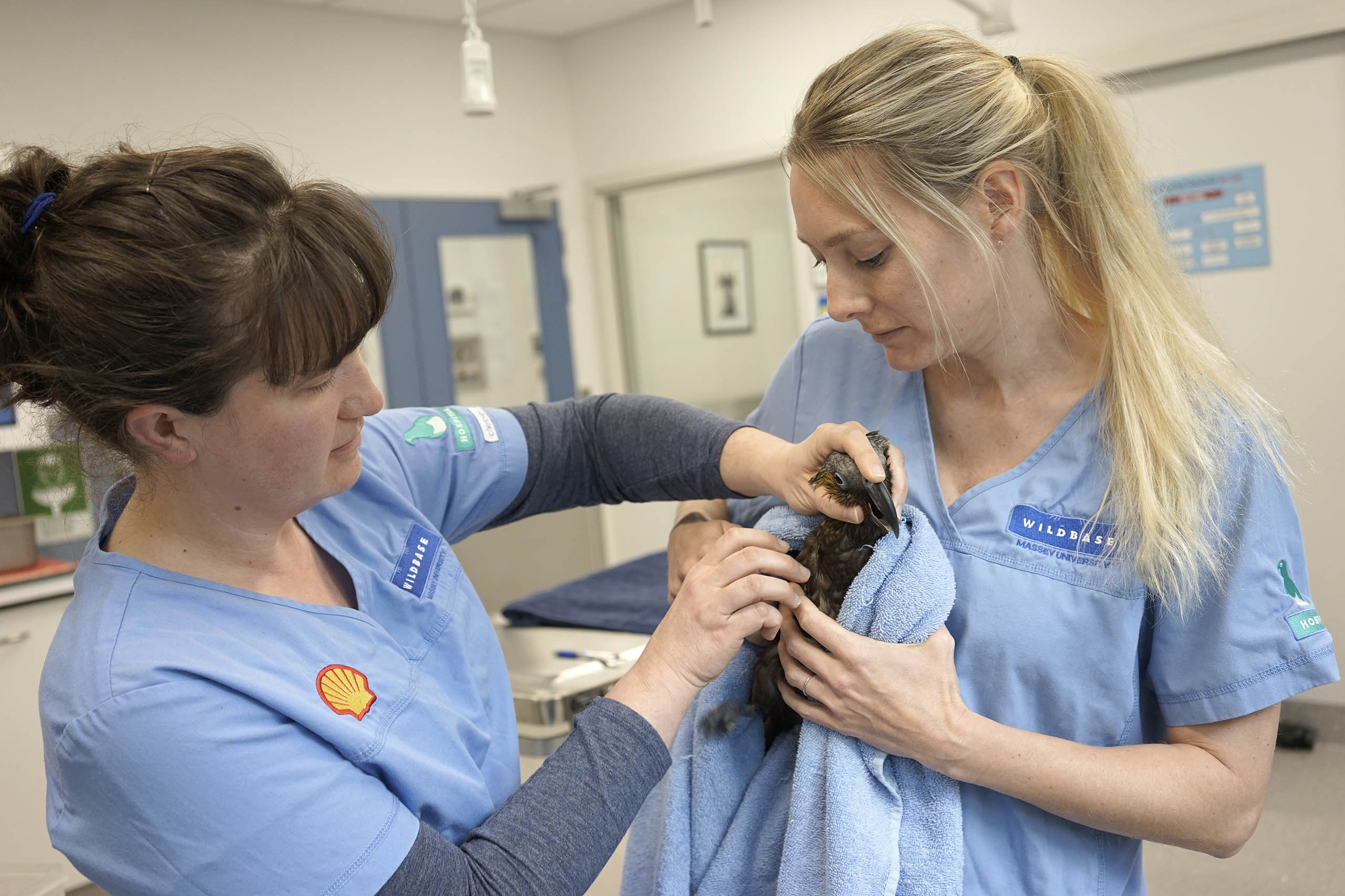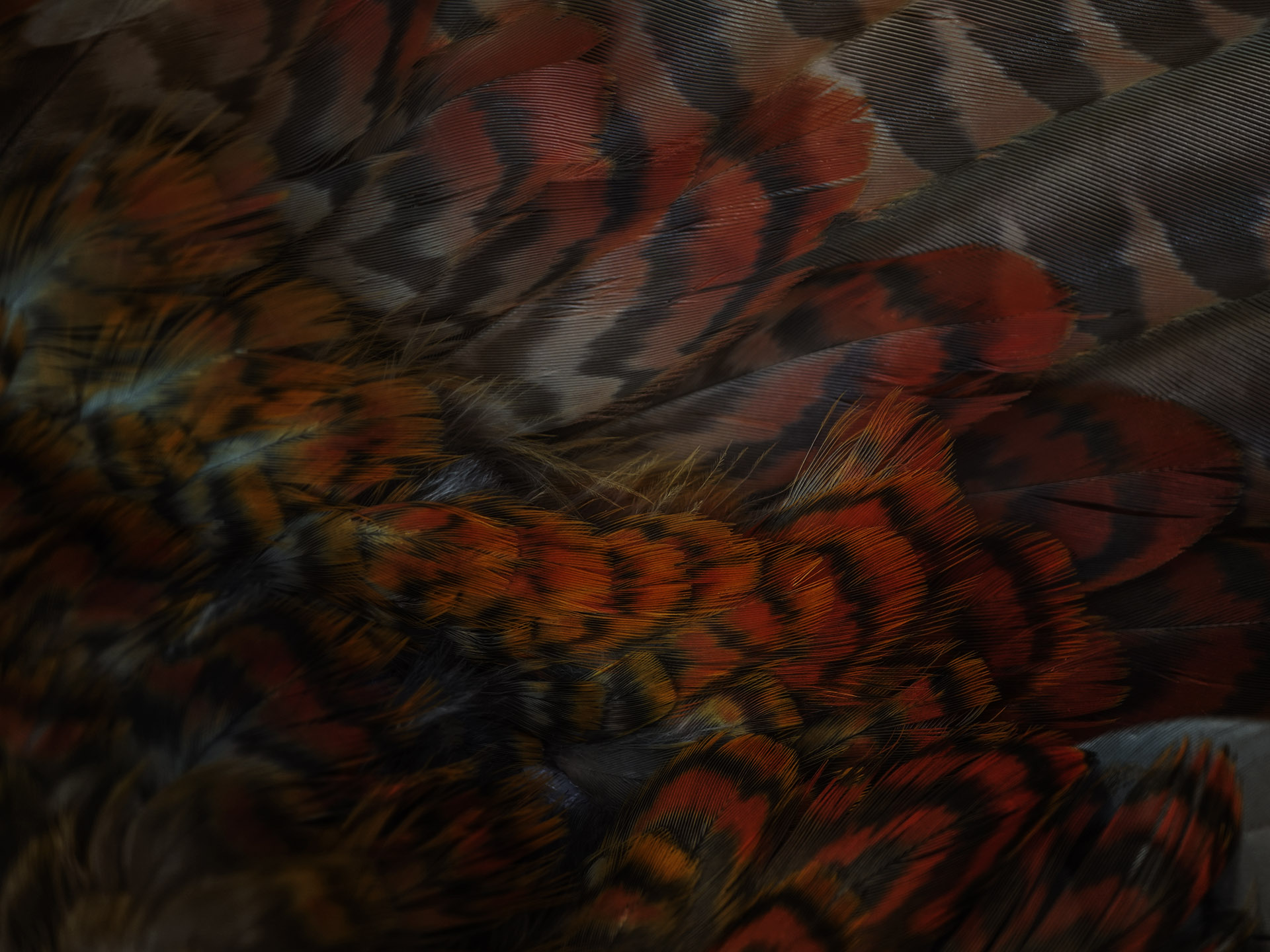An inquiry learning resource for students and teachers.
ABOUT, IN and FOR the Environment.
Take Action! You Can Help
Take action! You can help
We can all make a difference and help our native animals and biodiversity. Need a few ideas?
Prevent Window Strike!
Coexistence is tough on our wildlife. Every year hundreds of birds in Aotearoa are affected by window strike. This striking animation is the harsh reality our kererū face - thank you House of James, together we can make a difference!
Build awareness
How can you share your knowledge with others to help our native species?Are you a poet or an artist, a movie maker or entertainer? Movies, posters, presentations and stories are all great ways to raise awareness about our native species. You can be an ambassador for conservation too!
Click the button to check out a great video by Sarah Ridsdale (14) about our whio.
More Ideas
- Control Pests Join a local project or put a rat trap in your own backyard – it all helps! Check out Predator Free NZ.See the video
- Create habitats and homes Ever thought about planting trees in your garden to attract birds, or building a wētā house? Look into ways you can create homes for our native animals in your own back yard.See the video
- Plant trees Find out about planting days in your area and join in. DOC or your local council will know. Or better still, plan your own planting day!DOC Events
- Plan a fundraiser You saw the slideshow – help Wildbase Hospital care for its patients. It can be pretty expensive to care for our special taonga.Give a little
- Take on a challenge Try the Zero Waste challenge and help clean up our environment. Or just challenge yourself to clean up your own neighbourhood – get your family out there picking up rubbish!
Maybe there is something for you? Try researching more about these jobs.
Veterinary Scientist
Or vet for short! Did you know that Massey University is the only university in NZ where you can study veterinary sciences? You need to study sciences at high school and get good grades to get into the course. It takes five years to complete this degree.
Wildlife Technician
This is another great job to consider if you want to work with our wildlife. You can study to become a veterinary technician at Massey University. Massey is the only provider of the Bachelor of Veterinary Technology. The other option is to do a veterinary nursing degree at other institutes around NZ. This involves three years of study and gives you the skills to provide excellent patient care and veterinary assistance.
Department of Conservation Ranger
There are all sorts of ranger roles with DOC. You can study ecology and work with native plants and animals. You could do the kaitiaki whenua – ranger trainee course at Nelson Marlborough Institute of Technology and start work with DOC in either track and hut maintenance or biodiversity. DOC also needs people to work with iwi and community and in education. They need lawyers, engineers, planners and more!
Zoo/Aviary Keeper
Lots of people would love this type of job, and there is a lot of competition. An ecology degree or focus on animal management could help towards this career, or become a volunteer and learn on the job. Next time you’re at a zoo, ask a keeper what they did to get their job.
Educator
We need people to educate our rangitahi about conservation and our taonga species. Young people are the future. You could train to become a teacher and hold conservation and environmental values as a strong theme in your teaching. Or you could consider work as an educator with councils, DOC, or independent organisations such as the Squawk Squad.
Photo-Journalist/Writer
Writing and photography are powerful tools for building conservation awareness. You could look at doing a journalism or photography course at a tertiary institute. Or you could start a blog in your spare time, especially if you love to get into the outdoors and take some great photos.
Film Maker
There are some amazing documentaries about animals and conservation – if you’re serious about producing documentaries, look into a film course at a tertiary institute.
Entrepreneur/Inventor
There is a constant search for new technologies to help save our native species, a great example is the Good Nature self-resetting traps. They are attached to a tree and the bait attracts rats, stoats or possums to the trap. They get a sharp hit to the head from the trap, which kills them instantly, and the trap resets itself to strike again!
Education Resource
Tools for Environmental Action by the Department of Conservation.An excellent resource published by DOC which includes the following key concepts for students:
• Plan and carry out successful action to address an environmental
issue alongside their community
• Monitor and review their action
• Begin to understand how their action has an impact on the wider
ecosystem
